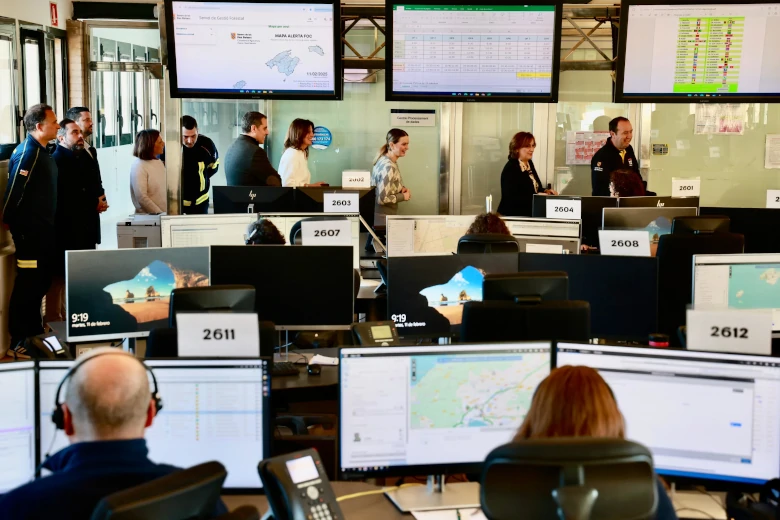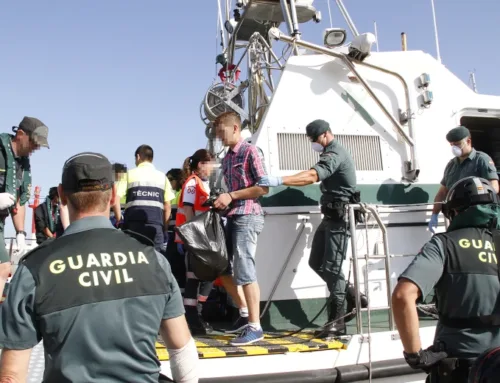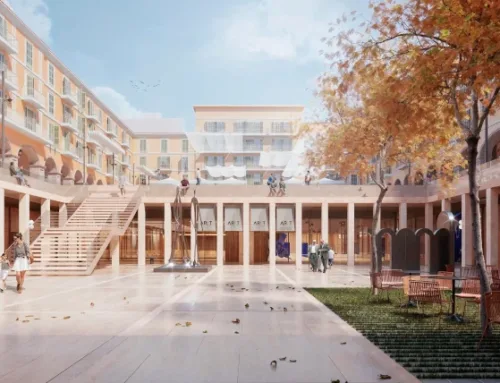The 112 emergency service in the Balearic Islands handled a total of 824,999 calls and managed 136,154 incidents during the year 2024, representing a 3% increase compared to 2023. Most cases were related to medical emergencies, traffic accidents, fights, assaults, and domestic accidents. On average, 112 managed 373 incidents per day, with the highest volume recorded in July and August, when the number of calls exceeded 3,000 per day. By island, Mallorca accounted for the highest number of emergencies, with 109,083 incidents, followed by Ibiza (19,041), Menorca (6,538), and Formentera (1,424).

The President of the Government of the Balearic Islands, Margalida Prohens (centre), during her visit to the 112 Emergency Centre. Photo: CAIB.
Medical emergencies accounted for 33% of cases, followed by traffic accidents (5.1%), fights (4.4%), physical assaults (3.5%), and domestic accidents (3%).
Regarding languages, 72.33% of calls were attended in Spanish, 21.28% in Catalan, and 6.07% in other languages such as English, German, French, and Italian.
Meanwhile, the emergency psychological support service was activated on 289 occasions in 2024, marking a 27.8% increase compared to the previous year. This is attributed to the strengthening of the agreement with the College of Psychologists of the Balearic Islands, which allowed for an increase in the number of professionals available: 10 in Mallorca, 5 in Menorca, 6 in Ibiza, and 3 in Formentera.
The 112 service also received 186,416 non-emergency calls, representing a 34% reduction compared to 2023. Most of these were due to dialling errors or calls generated by the telephone network, although 1,856 were prank calls.
Greater accuracy in call location
One of the most significant advancements in 2024 has been the introduction of advanced mobile location (AML), used in 60% of calls made from national Android mobile phones. This system allows the caller’s location to be pinpointed with an accuracy of between 4 and 20 metres, compared to the previous system’s 2-5 kilometres in urban areas and 40-50 kilometres in rural areas.
Authorities have highlighted that these advancements have improved service efficiency and enabled faster and more effective responses to emergencies in the Balearic Islands.







Leave A Comment